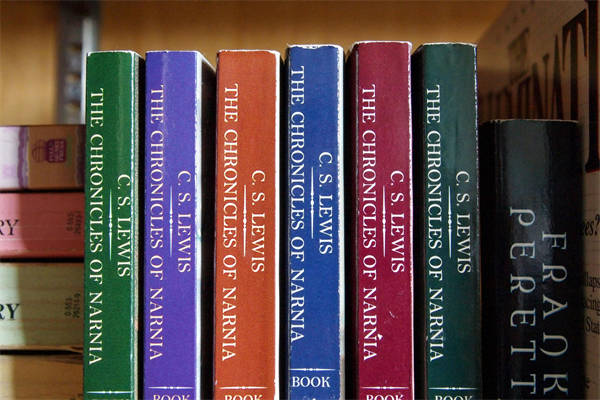Deciphering the Elite Vocabulary: Top Advanced English Words for "Many"

When it comes to expressing the concept of "many" in English, there are several sophisticated and nuanced words that can elevate your language use. These terms not only convey the quantity but also add a layer of formality and depth to your communication. Here are some of the most advanced English words that can be used in place of "many," along with detailed explanations to enhance your understanding.
1. Multitude
A multitude refers to a very large number of people or things, often implying a crowd or assembly that is vast and numerous. It carries a connotation of being impressive in size or number. For instance, "The multitude of attendees was a testament to the event's popularity." This word is particularly effective in formal writing and speeches.
2. plethora
A plethora is a term used to describe an abundance or an excessive amount of something. It suggests a surplus that is almost overwhelming. When you want to emphasize that there is an overwhelming quantity, "a plethora" is the word to use. For example, "The plethora of options available made the decision-making process daunting." This word is often found in academic and literary contexts.
3. profusion
Profusion is similar to plethora in that it denotes an abundance, but it often implies a more natural or spontaneous richness. It can be used for both people and things. For example, "The garden was in a profusion of colors, with flowers blooming in every corner." This word is particularly beautiful in poetic or descriptive writing.
4. abundance
Abundance is a more general term that refers to a large quantity of something, which is more than enough. It is often used in a positive context to express richness or sufficiency. "There was an abundance of food at the picnic, ensuring everyone was well-fed." This word is versatile and can be used in both formal and informal situations.
5. multitude of
"A multitude of" is a phrase that combines the word "multitude" with the preposition "of." It is used to indicate a vast number of things or people. This phrase is particularly useful when you want to emphasize the vastness of a collection or group. For example, "The multitude of different opinions at the meeting made it difficult to reach a consensus." This phrase is often found in discussions or analyses of diverse groups or ideas.

.png)


